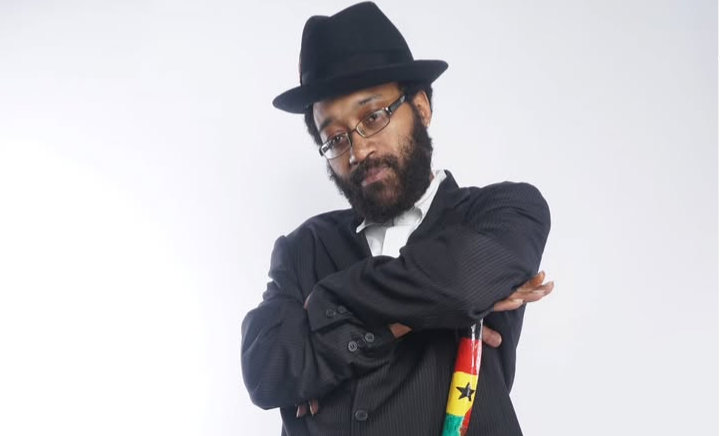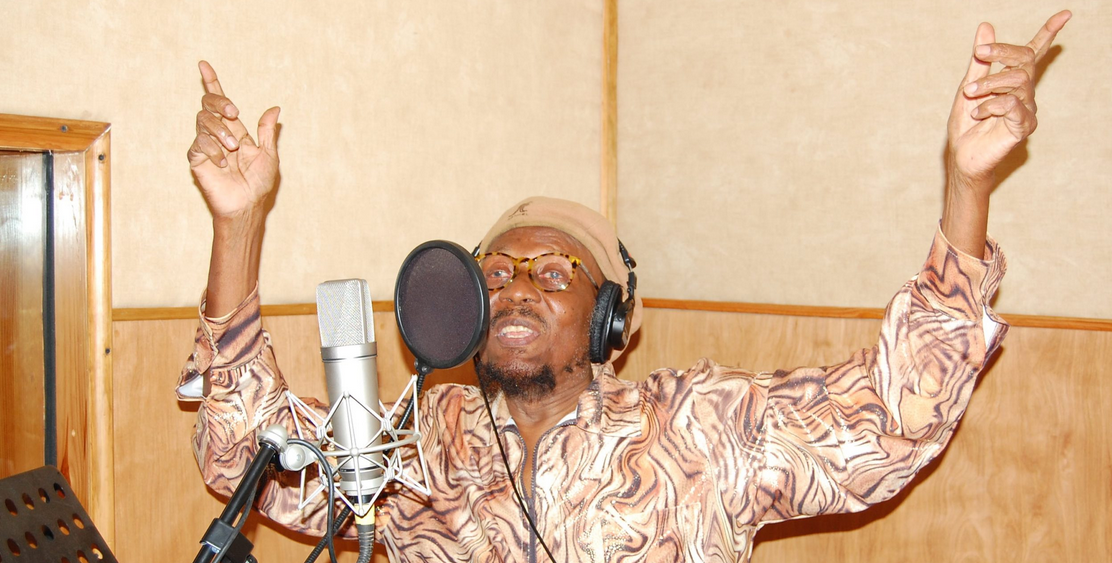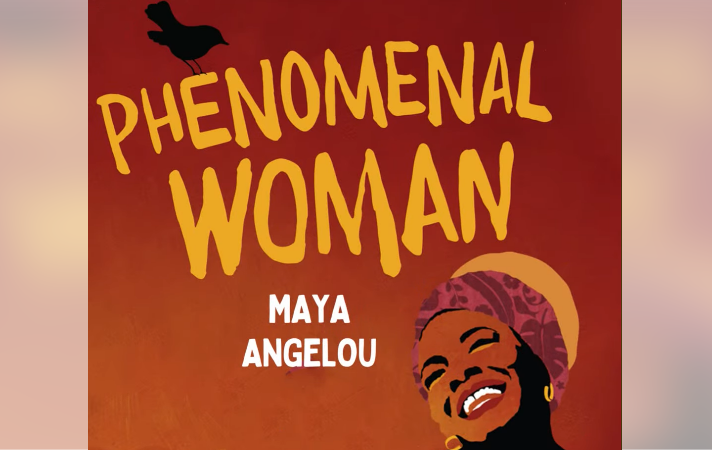Interrogation of the realization of the historic-virtual-fiction, novella “The Replicate and the Mild”, via Hilary Mantel, which is the author’s very last novel in the Thomas Cromwell trilogy, offers an in-depth web of political machinations, non-public contribution, and the duality of electricity.
In this article, the author discusses how the novel ends and points toward the themes, characters’ development, and potential consequences of such an ending for the historical novel.
The Preface of this Book is “The Mirror and The Light.”
This fourth novel of “The Mirror and the Light” describes the story of Thomas Cromwell who is in the center of politics in King Henry VIII’s court and the loss of his family. The story paints a vivid picture of Cromwell’s rise from birth to being one of Henry’s most trusted confidants and his eventual decimation.
Political Turmoil: The final part describes the social life of Cromwell and his administration of the court after the beheading of Anne Boleyn. A condition of volatility results from the constant changing of sides and all the conspiracies.
Cromwell’s Inner Conflict: The feats of the readers include seeing Cromwell struggling with his identity: his loyalty, his ethical foundation, and his desire. His historical knowledge then turns literally into an armor-piercing lance and simultaneously a weak point.
Also read: Bold And Beautiful Spoilers Next 2 Weeks 2024: New Characters, Mystery, and Relationships
Key Themes Explored
Several dominant themes come across at the end of “The Mirror and the Light”, three out of which are prevalent throughout the trilogy.
Power and Ambition: At the same time Mantel emphasizes the fragility of power; all the features that rendered Cromwell indispensable result in his total isolation.
Identity and Self-Perception: Cromwell is the main focus because his character is very much multi-faceted. Their social difference of being a commoner among the aristocrats is felt in the novel all through the last few pages of the story.
Fate and Free Will: Free will and predestination show a strong combination. Cromwell spent a lot of time considering the effects of his decisions, making one wonder whether people can control their lives.
Structured and Developed Character Protagonists & Relationships
That is why friendships made during the trilogy are unfolded in the conclusion, as well as the Transfiguration of Cromwell as a character.
Cromwell and Henry VIII: The friendship/love between the two characters full of need and profound mistrust culminates. As Henry’s wants and needs turn with the discovery of Jane Seymour, Cromwell has no choice but to adapt and, in doing so prefigure his ultimate fate.
Cromwell and Anne Boleyn: The spectator continues to see the consequence of Anne’s execution on Cromwell; the moral and ethical questions of personal guilt and the political necessities continue to occupy Cromwell.
The Ending Explained
Analyzing how the novel develops towards the end, it is possible to review the darkness of Cromwell’s historical future. The general drive for security drives him to make political decisions that isolate past supporters. The last chapters tell of a sharp development from Cromwell’s arrogance and power to a terrible realization of his frailty and loneliness.
Cromwell’s Fall: In the novel, Cromwell’s influence is erased at the end, and all his belongings are taken away by Thomas Wyatt. The political change that has cropped up results in his arrest, and finally an ironic end of being put to death!
Historical Context: Mantel situates the tale of Cromwell into the historical context of Tudor political instability and meditates on the issues of an individual history as far as the history of а country is concerned.
Also read: Family Dollar Closing Reasons: Why 1,000 Locations Are Shutting Down
Conclusion
”The Mirror and the Light” concludes Tom Cromwell’s story through the presentation of the aspects of the human experience involved in the tragic and unfulfilled pursuit of power. Moreover, adjusting to a new boss is usually troublesome, but here Mantel does it at a point that we could consider effective: Power is for a limited time only, and people remain people. The readers put the book down contemplating the interplay of history, memory, and the morning songs of those who history encompasses.








